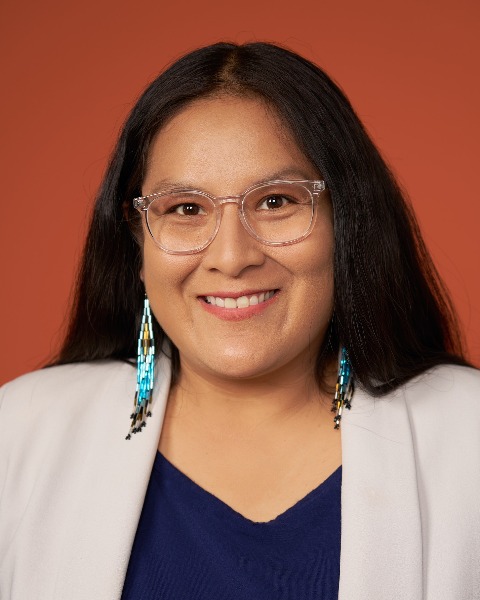AI and machine learning
Biobanking and genomic databases
Indigenous communities collaboration
04- Poster 2. #DATABACK: Structuring Indigenous Bioeconomies through Indigenous Data and Digital Sovereignty for Precision Health
Using Artificial Intelligence and Machine Learning Approaches to Operationalize Indigenous Genomic Data Sovereignty and Improve Health Equity
Tuesday, June 11, 2024
5:00 PM – 7:00 PM ET
Location: The Gallery

Krystal S. Tsosie, PhD, MPH, MA (she/her/hers)
Assistant Professor
Arizona State University / Native BioData Consortium, United States
Presenter(s)
The next discoveries in genomic medicine are likely to be rare or uncovered variation from peoples largely absent in current datasets. Indigenous peoples—who have long-expressed concerns related to data sharing, privacy, broad consent, and group risks of re-identification that are unlikely to be resolved in this era of open data—are presented with a catch-22 dilemma. How can Indigenous peoples proximally benefit from participation in genomics and precision health research even though they derive lower clinical utility and encounter severe structural barriers and inequities to care? How can they also contribute to genomic datasets, if they wanted to, and not be subject to data co-optation and commercialization in innovation pathways that are inaccessible to Indigenous peoples? Merely increasing the inclusion of Indigenous peoples in genomic datasets is not going to solve the health inequity problem. Instead, we need drastic shifts in benefit- and data-decision equity via 1) Indigenous-led biobanking, and 2) artificial intelligence and machine learning approaches that upend current data governance and consent models. The era of community-based participatory research has transitioned to Tribally based research in genomics and health. Data is a resource, and building applied pathways to Indigenous genomic data and digital sovereignty will lead Indigenous peoples and communities towards building health-based bioeconomies rooted in health equity and justice.
Authors: Krystal Tsosie, Arizona State University; Kali Dale, Native BioData Consortium; Joseph Yracheta, Native BioData Consortium;
Authors: Krystal Tsosie, Arizona State University; Kali Dale, Native BioData Consortium; Joseph Yracheta, Native BioData Consortium;